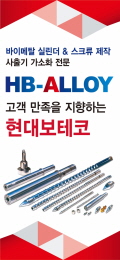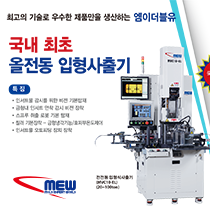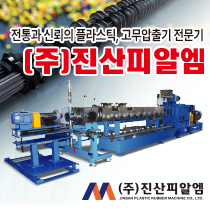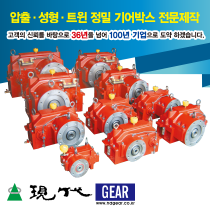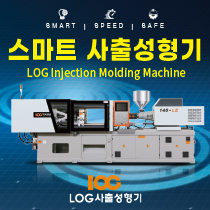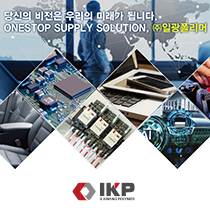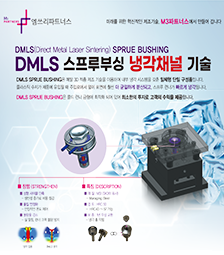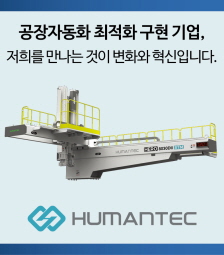Feature
Industry 4.0 isn’t just for the big guys
By Norbert Sparrow
Too often, Industry 4.0 evangelists talk about the “fourth industrial revolution,” as it is often labeled, from the 30,000-foot level, says Ben Hope, who spearheads Industry 4.0 initiatives at factory automation specialist Festo Canada (Mississauga, ON). From that perspective, small to mid-size companies, in particular, may fail to see its relevance to their day-to-day operations. When talk turns to the industrial Internet of things, sensors and big data, “manufacturers can have a hard time seeing how how it affects them. If you’re making money and are productive now, there is not a great deal of incentive to consider Industry 4.0,” says Hope. Here’s the big but: If you don’t start thinking about it, you may find yourself in trouble down the road when disruption sideswipes your business plans, cautions Hope. To start that conversation now, Festo has an advantage, in his view. “Manufacturers are familiar with Festo because we are there with them on the factory floor. We are building things in the physical world, and we can make the link with the digital world in a way that makes sense to them.” The conversation, adds Hope, has to begin with identifying value.
![]()
▲ Festo Canada partnered with Québec’s Center for Industrial Research to launch Canada’s first Cyber-Physical Lab. Image courtesy Festo.
For Festo, the value proposition starts with condition monitoring, “being able to monitor the condition of various automation components such as the cycle time on a valve, for example, or the electric current in an actuator. With that data, you can perform predictive maintenance.” If machine downtime is something that keeps you up at night, that opportunity can be very valuable, he stresses, and implementing Industry 4.0 doesn’t have to be daunting. Hope recommends initiating a pilot project on one machine to determine if and how predictive maintenance can benefit your organization.
Hope also stresses the technology’s value in extracting process information, which can be gleaned by analyzing data captured by sensors. That allows you to identify things in your operation that you may be unfamiliar with or don’t know about as well as highlight weaknesses in your process. “By using sensor data, you can gain access to your entire operation. You can make decisions based on what is really going on, not what you think is going on,” says Hope.
The data also can reveal hidden facts about energy consumption, a big-ticket item for plastics processors. “You may know how much energy you’re using, but you often don’t know how it’s being used and how to optimize consumption.” Data analysis can reveal the virtue of scheduling energy-intensive machines to run when energy is a little less expensive or offsetting the equipment so all of the machines are not running at the same time and creating energy surges.
types of companies would benefit the most from adopting Industry 4.0 methodology, Hope says size is not as important as the market you serve. “It really affects industries with a short product life cycle—consumer products, for example.” Companies that truly are listening to their customers and are determined to give them what they want when they want it should be early adopters.
Consumers are growing accustomed to immediate gratification through exposure to the Internet of things and generalized digitalization. “They want what they want in a reasonable amount of time,” says Hope, citing the car buying experience as ripe for disruption. If you want to buy a car with specific features and are not willing to compromise and drive off with a car on the lot that has some of the add ons you want along with others you could care less about, you might have to wait several months. Companies that can respond to consumer demands in a timely manner will be the winners in the new economy. “They will start the disruption process in their sector similar to what Uber and Airbnb have achieved in their spaces,” said Hope.
While Industry 4.0 is a ubiquitous topic at trade shows and industry conferences, adoption in North America is in its infancy. Many people assume that Germany, where the concept was born, is way ahead of us, says Hope, but that’s not necessarily true when it comes to small and mid-size companies. Hope believes that the rate of adoption in that demographic is similar to what we see here. “The market is not pushing for it yet but that will change sooner than many people think, and it will be disruptive,” believes Hope.
Festo, which has its global headquarters in Esslingen am Neckar, Germay, was an early advocate of Industry 4.0 and has developed a number of training programs and tools to help companies explore this technology. Some of those tools can be found on the Festo Didactic website. It also has developed a Cyber-Physical (CP) Factory program through which companies can train and up-skill staff on Industry 4.0 practices and technology. Festo Canada recently partnered with Québec’s Center for Industrial Research to launch Canada’s first CP lab, which will allow manufacturers in that region to develop Industry 4.0-related projects.
https://www.plasticstoday.com/injection-molding/industry-40-isn-t-just-big-guys/11772196856723

